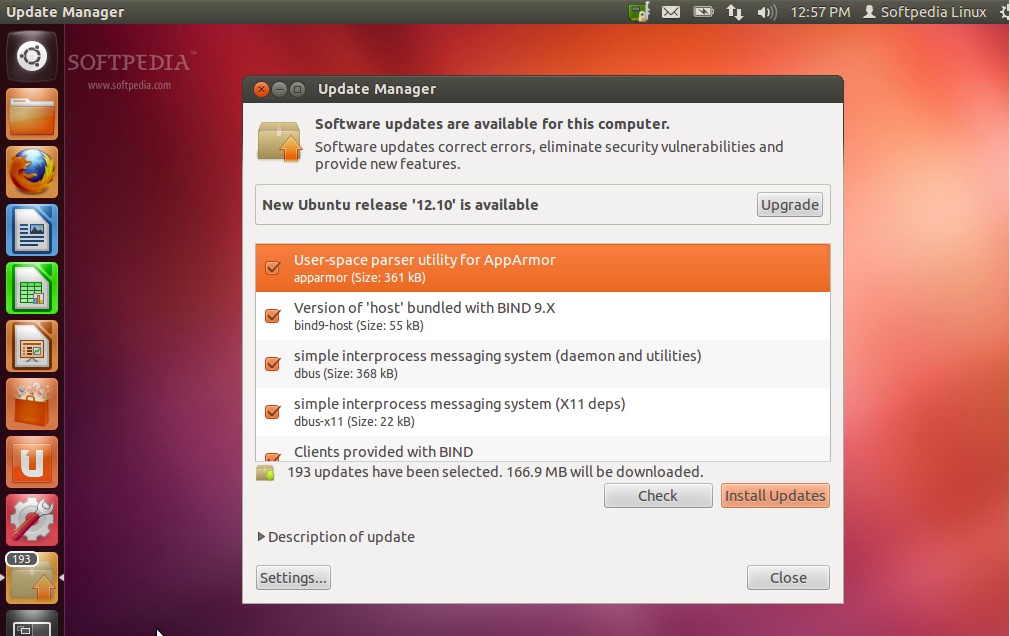

The Update Manager application will open after a few seconds with a prompt to upgrade.

Hit the return/enter key and, if prompted, enter your user password. When it opens click inside the window and type the following command carefully: sudo update-manager -d

When that’s done, open the Dash again and launch the Terminal application. Double check by opening the Update Manager application from the dash and installing all updates listed. Ubuntu 12.04 is supported until 2017. If stability matters, hold off upgrading until July.īut if the lure of new features and updated applications is just too strong to resist, read on… Upgrade Ubuntu 12.04 LTS to Ubuntu 14.04 LTSįirst things first: make sure that you are fully up-to-date. Ubuntu 13.04 and 13.10 users will be automatically notified of an upgrade through Update Manager in the coming 24 hours or so.ĭon’t panic into upgrading if what you’re running now is working fine. This doesn’t affect anyone using a ‘regular’ release of Ubuntu. Canonical will not start notify LTS desktop users of an update until July, when the first point release (14.04.1) is set to go live. I dont see an equivalent linux-lts-vivid kernel or util-linux upgrade to test, so not sure where the new kernel is for the 14.04.2 release. When I upgrade to the 3.16 kernel (linux-virtual-lts-utopic), findmnt only displays /dev/pts.
#Ubuntu 14.04.2 lts upgrade how to#
Running Ubuntu 12.04 LTS and wondering how to upgrade to Ubuntu 14.04 LTS? Don’t worry, we’re here to walk you through it.īecause Ubuntu 12.04 is a Long Term Support release, meaning that it is supported with bug fixes and security updates for 5 years, you won’t find a popup telling you that a new version is available to install, at least not yet. findmnt works fine on trusty with the 3.13 kernel.


 0 kommentar(er)
0 kommentar(er)
